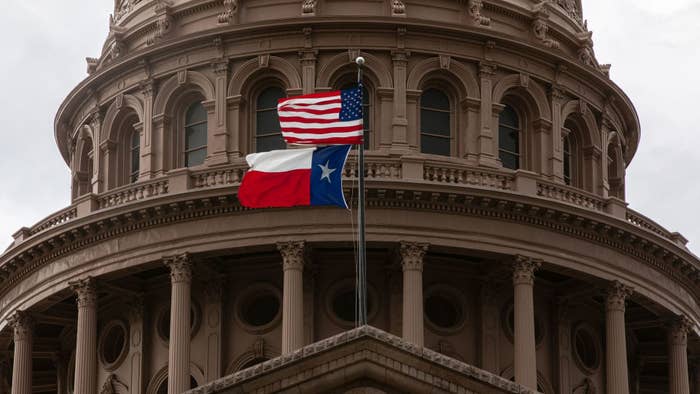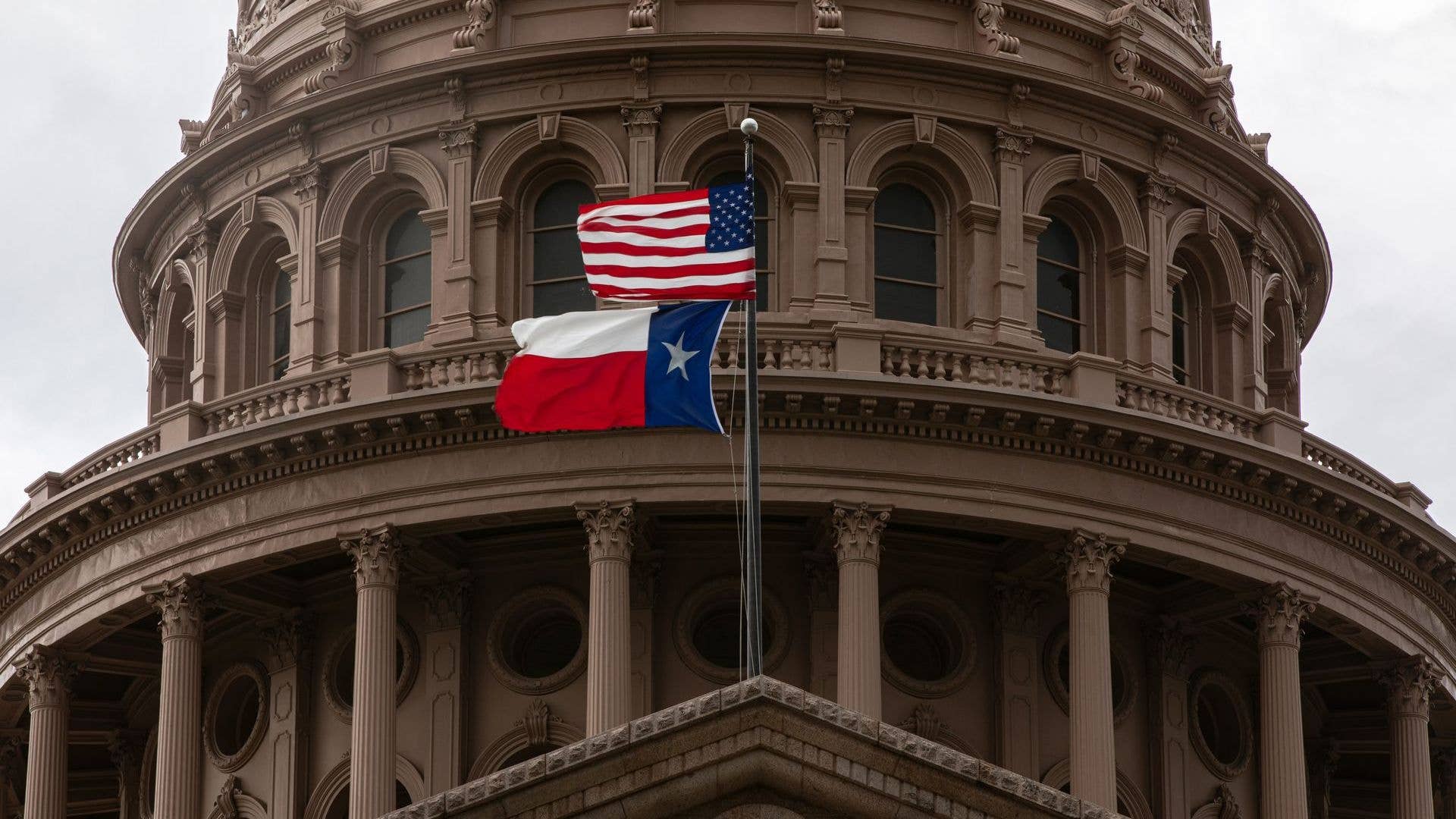
UPDATED 9/2, 10:20 a.m. ET: The United States Supreme Court voted 5-4 on Wednesday night to deny an emergency appeal looking to halt Texas’ new abortion law. “In reaching this conclusion, we stress that we do not purport to resolve definitively any jurisdictional or substantive claim in the applicants’ lawsuit,” the order read, per the Associated Press. “In particular, this order is not based on any conclusion about the constitutionality of Texas’s law, and in no way limits other procedurally proper challenges to the Texas law, including in Texas state courts.”
Chief Justice John Roberts and the court’s three liberal justices dissented, each writing individual statements outlining their disagreement with the decision. “Presented with an application to enjoin a flagrantly unconstitutional law engineered to prohibit women from exercising their constitutional rights and evade judicial scrutiny, a majority of Justices have opted to bury their heads in the sand,” wrote Justice Sonia Sotomayor, saying her conservative colleagues had made a “stunning” ruling.
Justice Elena Kagan said Texas’ abortion law is “patently unconstitutional” and highlighted how it allows “private parties to carry out unconstitutional restrictions on the State’s behalf.”
On Thursday, President Biden called the decision an “unprecedented assault” on women’s rights, per The Washington Post.
”The highest court of our land will allow millions in Texas in need of critical reproductive care to suffer while courts sift through procedural complexities,” he added.
Biden said he will use the full power of the government to “insulate women and providers.”
UPDATED 9/1, 9:50 a.m. ET: What the New York Times identifies as “the most restrictive abortion law in the nation” went into effect on Wednesday after the Supreme Court refused to take action against it.
One especially twisted wrinkle protecting the law from 1973’s Roe v. Wade Supreme Court ruling is, per the Times, that it “bars state officials from enforcing it and instead deputizes private individuals to sue anyone who performs the procedure or ‘aids and abets’ it.” These individuals don’t need to have “any connection to the matter or show any injury from it” and can win $10,000 in court.
The Times notes that although abortion patients “may not be sued, but doctors, staff members at clinics, counselors, people who help pay for the procedure, even an Uber driver taking a patient to an abortion clinic are all potential defendants.”
See original story below.
As Texas looks to have its law banning abortions after six weeks of pregnancy go into effect on Wednesday, abortion providers are asking the Supreme Court to put a stop to it.
The “heartbeat bill”—which Gov. Greg Abbott signed into law in May—will prohibit most abortions at around the six-week mark. If a physician detects a fetal heartbeat, under the law, they are prevented from performing an abortion unless a “medical emergency exists.” The law would also allow private citizens to start civil lawsuits against those who provide an abortion after six weeks, or assist in such services.
Now, Planned Parenthood, the Center for Reproductive Rights, the ACLU, and other groups are telling the Supreme Court that the law would “immediately and catastrophically reduce abortion access in Texas,” as they shared that roughly 85 percent of people who undergo abortions are at least six weeks pregnant.
“Patients who can scrape together resources will be forced to attempt to leave the state to obtain an abortion, and many will be delayed until later in pregnancy,” lawyers representing the providers wrote, per CBS News. “The remaining Texans who need an abortion will be forced to remain pregnant against their will or to attempt to end their pregnancies without medical supervision.”
A dozen other states have passed similar laws, as advocacy groups argue that they violate Roe v. Wade, which states that a woman can terminate a pregnancy before fetal viability, normally taking place around 24 weeks, CBS News reports.
In a Teen Vogue op-ed today, congressional candidate Jessica Cisneros wrote that “it’s infuriating to realize that even with so much work left to do to ensure everyone has the resources and support needed to survive the COVID-19 pandemic, our anti-choice government officials have decided to make health care even less accessible.”
The advocacy groups argue that if the law takes shape, Texas’ ban would be in place before an abortion law from Mississippi—which bans abortions after 15 weeks of pregnancy—sees out a legal battle this fall.
“We’ve always said that we will do everything we can to fight for our patients and their access to abortion, and that’s why we’re asking the Supreme Court to step in to stop this abortion ban from taking effect,” said Alexis McGill Johnson, president and CEO of Planned Parenthood, which is holding a day of action on Sept. 1. “Without relief, starting Wednesday most Texans will be forced to travel hundreds of miles out of state for their abortion, if they can afford to do so.”

